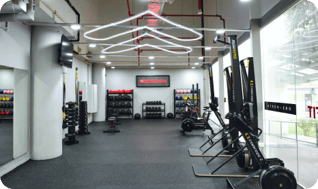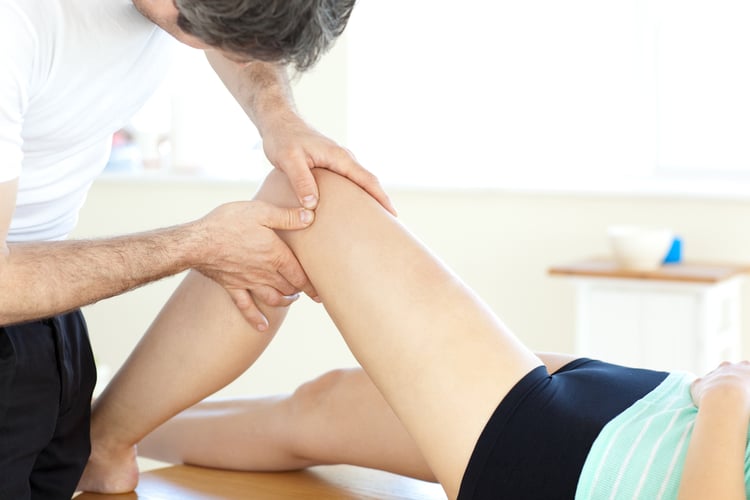A mechanical manipulation of the body tissues with rhythmical pressure and stroking to promote health and well-being1
Widely used in both professional and recreational sports, a professional sports massage helps aid tissue repair and recovery alongside the prevention of injuries. On top of that, a good sports massage helps heal existing injuries such as hamstring strains and low back pains.
Benefits of a Sports Massage
A popular physical therapy method when t comes to physiotherapy rehabilitation, treatment of sports-related injures usually involves frequent sports massages. By applying mechanical pressure on targeted skin tissues, it increases blood flow to the affected area, promoting repair of muscle tissue.
A good sports massage therapist will often teach you how to do specific stretches at home and other tips. Working with a professional sports masseuse would help in the following ways2:
- Relief of muscle stiffness
- Relief of muscle tension
- Reduced muscle pain
- Reduced swelling and muscle spasm
- Faster and better healing of strained muscle areas and sprained ligaments
- Enhanced athletic performance
- Increased flexibility of joints
What to expect in a Sports Massage session
By combining different physical techniques depending on a client's symptoms and condition, sports massage therapists are able to effectively target and reap the best benefits specific to the clients' condition.3
1. Effleurage
This technique helps to warm-ups the muscles where the therapist uses a single, reinforced or both hands at the start of the sports massage session. He or she might alternate between hands and forearms to apply different pressures as well as target a different surface area of the body.
2. Petrissage
Kneading and wringing of skin tissues where the therapist uses mainly his knuckles, fingertips, thumbs, and palms to promote better elasticity of the muscles.
3. Soft tissue release
This technique relieves muscle tension which usually includes a stretch while massaging.
4. Trigger Point technique
When a painful and hypersensitive spot is found while massaging the muscle, the sports massage therapist releases these trigger point spots by applying direct pressure to them. These nodules or knots elicit a twitch response or pain and the sports massage therapist holds pressure on this point for at least 5 seconds before relief can be felt.
5. Other Muscle Energy Techniques (METS)
Similar to Proprioceptive Neuromuscular Facilitation (PNF) stretching, other massage techniques are incorporated to increase muscle flexibility. These stretches are held with the help of your sports massage therapist while you're asked to resist the pressure applied.
Most of the time, a sports massage therapist would combine each of the techniques mentioned to provide an all-rounded approach in terms of reaping the benefits of each technique. While sports massage help to speed up the healing time and recovery for many sports injuries, it is exceptionally useful for athletes in between their training sessions.
If you are thinking of having a sports massage to relieve certain aches and pains, attending a health consultation beforehand would put you on the right track to get your bang for the buck.


.png?width=301&height=187&name=Website%20Navigation%20Images%20(3).png)

-1.jpg?width=1984&height=1196&name=UFIT%20Club%20Street%20Front%20(4)-1.jpg)







